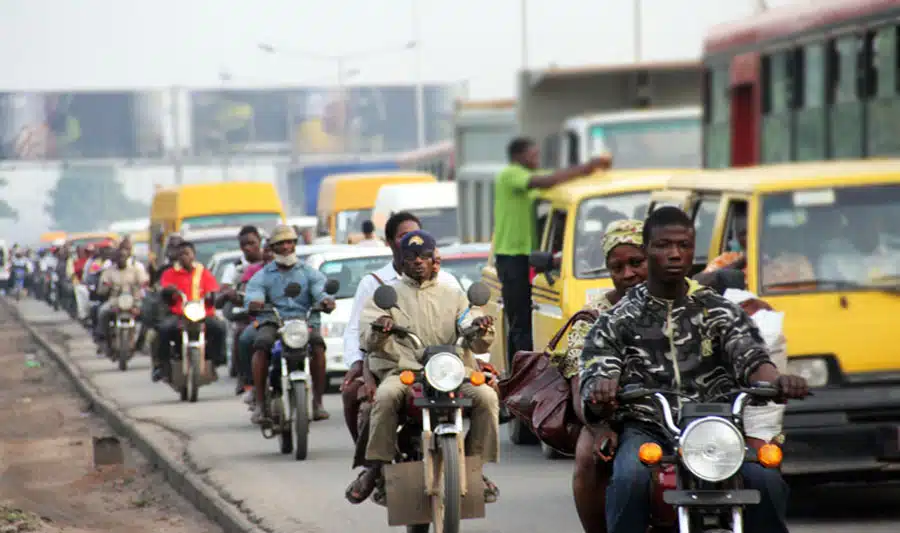In a bid to enhance vehicle security and curb car theft, the Federal Government of Nigeria has introduced a new measure that is set to generate a staggering N12 billion every year. Motorists will now be required to pay N1,000 fee for the verification of their Proof of Ownership Certificates.
Last week, Abdulhafiz Toriola, the Permanent Secretary of the Lagos Ministry of Transportation, revealed this groundbreaking initiative, News About Nigeria reports.
He emphasized that the implementation of this certificate would not only provide vehicle owners with peace of mind but also assist the government in ensuring the authenticity and integrity of all vehicles registered in the National Vehicle and Identification Scheme database. Additionally, it would greatly aid in tracking and recovering stolen vehicles.
“The issuance of an annual Proof of Ownership Certificate for all registered vehicles has been introduced by the Federal Government,” stated Toriola.
According to statistics from the National Bureau of Statistics, as of the second quarter of 2018, there were approximately 11.76 million vehicles in Nigeria, resulting in a vehicle per population ratio of 0.06 during that period.
Furthermore, it has been reported that Nigeria imports roughly 400,000 vehicles on an annual basis.
In a recent report by The PUNCH, it was revealed that a total of 192,287 vehicles were imported through the Ports & Terminal Multipurpose Limited in the first ten months of 2021.
In comparison, only 114,159 vehicles were recorded to have arrived through the same terminal in the corresponding period of 2022.
Toriola explained that the Proof of Ownership Certificate would serve as official documentation of a vehicle’s legal ownership. It would include essential information such as the vehicle’s registration details, license plate number, model, year of manufacture, as well as the owner’s name and address.
He further added, “Having carefully examined the challenges faced in ensuring the promotion of safety and security of lives and property through the issuance of Proof of Ownership Certificates both nationally and especially in our dear state, the Joint Tax Board, in its communiqué issued at the end of the emergency meeting held on May 9, 2023, adopted and resolved that proof of ownership be issued to motorists on an annual basis nationwide.”
While Lagos State is set to commence the collection of Proof of Ownership Certificate fees from July, the stance of other states on this matter remains unknown.
The government’s decision has stirred mixed reactions among the populace. Notably, Taiwo Oyedele, the Fiscal Policy Partner and Africa Tax Leader at PwC criticized the tax, deeming it retrogressive, ill-conceived, and poorly designed.
In a LinkedIn post, Oyedele expressed his concerns, stating, “Apart from the payment, which appears to be solely for revenue generation, and perhaps more for non-state actors than for the government, it is illogical to have to prove annually that you own a vehicle for which you already have a certificate of proof of ownership issued by the government.”
Oyedele pointed out that the new tax would only add complexity to the already burdensome multiple taxation system, making it more challenging for businesses to thrive and dampening tax morale.
He further added, “While this tax will not necessarily stop the earth from rotating, it is wrong both in terms of signaling from a multiple taxation perspective and in terms of timing, given the recent fuel subsidy removal. To be sensitive and demonstrate empathy, the government should not impose any new or higher taxes on transportation, energy, or food, which are the most impacted by subsidy removal. The same reasons why the recent attempt to collect VAT on diesel needs to be reconsidered.”



